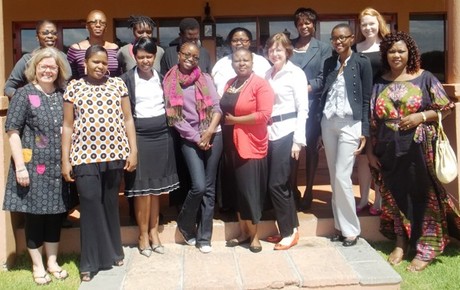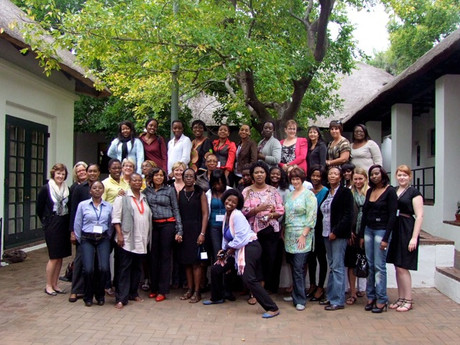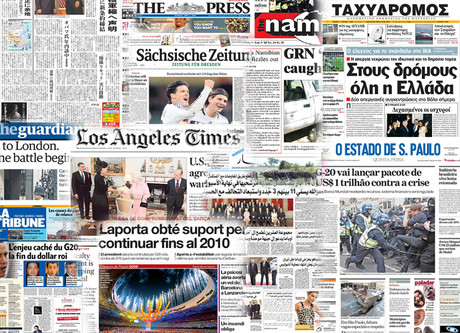Much of her confidence has come from her involvement with WAN-IFRA's Woman In News (WIN) programme, which she joined in 2011. Spread over two years, Ramasu networks with colleagues from Botswana, Namibia and Zambia network and works closely with her personal coach on developing a career plan and how to brand herself.
“My networking skills have come in handy because they have allowed me to talk to people who in the past I would not have dreamt of talking to,” Ramasu said. “I now have a professional database that is very handy.”
After Ramasu's first internship with the paper in 2005, she returned three years later as a freelance reporter working nights and weekends. Today, she is a full-time staff reporter and also coordinates the Midweek Sun's Arts and Culture section.
“I have moved from being a timid intern who was so terrified of the newspaper environment to a reporter who stands her ground,” Ramasu said. “When I first started I would ditch a story if I felt that people did not understand what I was trying to say.”
Ramasu does not give up easily anymore when it comes to a difficult story. “My trick is that if they punch holes into my idea, I leave them and then would continue to do the story. And they are always surprised when they see the final product,” she said.
When she first pitched the story on folklore artists Andries Bok and Kotaeshwele her colleagues dissuaded her. “For both stories it took some convincing on the part of my peers and seniors, who have come to know me as the type of reporter who has itchy feet as I am always on the road,” Ramasu said. Both stories, which reminded the public of these important artists and exposed their current struggles, resulted in commitments to build both musicians new homes.
While gender inequality still impedes many women from assuming higher positions or from taking on difficult beats, the WIN programme is helping change the face of media in Southern Africa.
“The overall experience has somewhat cemented the important element that I am one of the few reporters who advocate for the needs of an ordinary citizen and their day-to-day challenges,” said Ramasu. “I have maintained that agenda and will not be leaving it anytime soon.”
Alexandra Waldhorn






